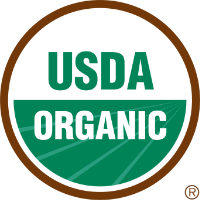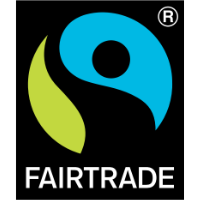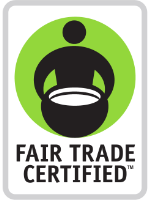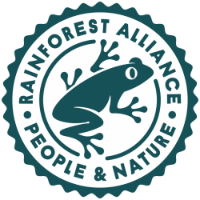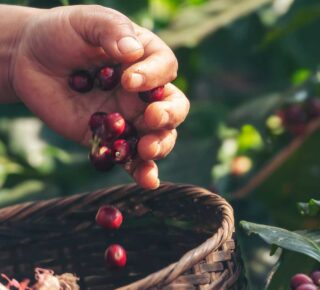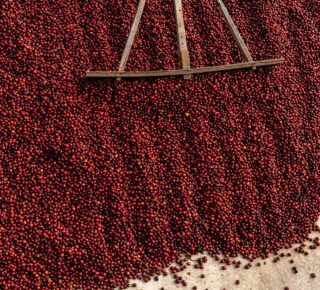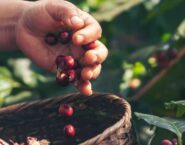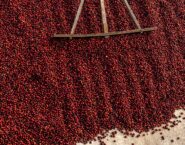
Each package of coffee you pick up is unique—not just for the flavor or body, but in the different standards and certifications it may have. These can be granted by a range of organizations, from governmental authorities like the U.S. Department of Agriculture (USDA) to the coffee companies themselves.
In fact, all coffee companies set standards for the coffee they sell. These standards can cover everything from the quality of their coffee to the way it is grown and the social and environmental circumstances on coffee farms around the world.
In addition to company-specific standards, there are a variety of other organizations that can certify coffee as meeting certain standards—for example, to indicate whether a particular coffee qualifies as organic.
To learn more, you can contact the companies that produce your favorite brands of coffee, or the various certifying organizations that independently set standards.
U.S. Government Certifications
The U.S. Department of Agriculture (USDA) manages the organic certification for products sold in the United States, including coffee.
Organic
The National Organic Program (NOP) develops the rules & regulations for the production, handling, labeling, and enforcement of all USDA organic products, including organic coffee.
Non-Government Certifications
Nonprofits and advocacy groups also provide standards and certifications related to fair trade as well as environmental and sustainability practices.
Fair Trade
The Fairtrade Standards for certification are a blend of social, economic, and environmental criteria that support the sustainable development of small producer organizations and agricultural workers in low- and middle-income countries.
Fair Trade USA™ is a Fair Trade certifier offering sustainable sourcing certification programs to improve livelihoods, protect the environment, and build resilient, transparent supply chains.
Environmental and Sustainability Practices
Rainforest Alliance certification program is committed to protecting and improving forests, climate, human rights, and livelihoods. It is based on the Rainforest Alliance Sustainable Agricultural Standard.
Regenerative Organic Certification (ROC) recognizes farmers and ranchers that meet the highest standards in the world for soil health, animal welfare, and farmworker fairness through practices that reap more nutritious and abundant yields, draw down atmospheric carbon, and foster thriving communities while protecting the land, water, and all inhabitants from industrial techniques and toxic agrochemicals.
Smithsonian scientists developed the Bird Friendly certification for coffee in the late 1990s to conserve habitat and protect migratory songbirds — and this trusted brand has recently expanded to cocoa. Bird Friendly habitat ensures a mix of foliage cover, tree height, and biodiversity that creates quality habitat for birds and other wildlife.
Want to know more about the steps on coffee’s journey that impact standards and certifications? Get an overview of the lifecycle of coffee.

